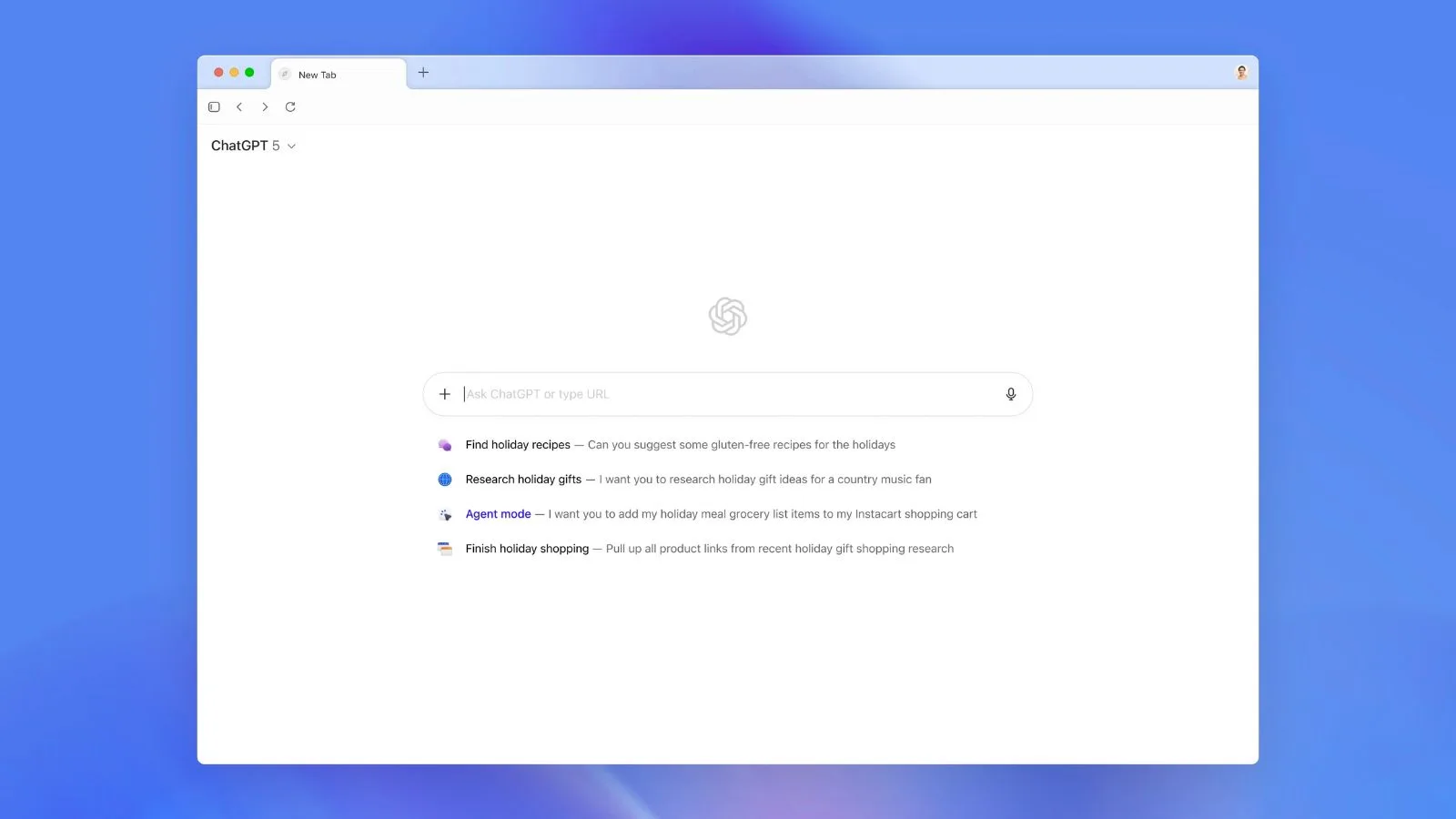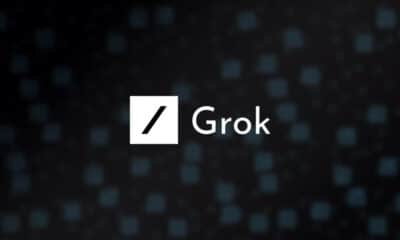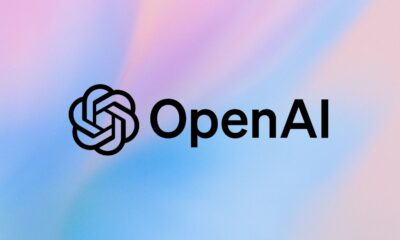AI
OpenAI’s ChatGPT Atlas AI browser has arrived
The browser also features AI summarization for webpages, making long reads a bit more digestible.

Just a heads up, if you buy something through our links, we may get a small share of the sale. It’s one of the ways we keep the lights on here. Click here for more.
OpenAI just lobbed a pretty big grenade into the browser wars. In a livestreamed event, the company unveiled ChatGPT Atlas, an AI-powered web browser designed to make the internet feel a little less chaotic.
Think Chrome, but with ChatGPT sitting shotgun, ready to summarize your tabs, fix your emails, and maybe even book your dinner reservations.
The new browser is rolling out globally on macOS today, with Windows, iOS, and Android versions “coming soon.”
But there’s a catch: Atlas’ much-hyped agent mode, basically, the part where ChatGPT actually does things for you, is limited to ChatGPT Plus and Pro users for now.
CEO Sam Altman called it “the way we hope people will use the internet in the future,” adding that the chat-based browsing experience could become “a great analog” for how people explore the web. Typing URLs might be so 2020s.
The demo felt like a Silicon Valley crossover episode.
Joining Altman were OpenAI employees Will Ellsworth, Adam Fry, Ben Goodger (yes, the Chrome guy), Ryan O’Rouke, Justin Rushing (ex-Apple), and Pranav Vishnu, all showing off Atlas’ new tricks.
Fry highlighted two main features: memory and agent mode. The first means Atlas remembers what you’ve done and tailors its help accordingly (and yes, you can nuke those memories in settings).
The second means ChatGPT can now actually act, think about booking flights, cleaning up emails, or tweaking your Google Doc mid-sentence via a tool charmingly called cursor chat.
Visually, Atlas defaults to a split-screen: your webpage on one side, ChatGPT’s commentary on the other.
It’s like having Clippy reborn as your suave research assistant, and you can toggle it off if you prefer solitude.
The browser also features AI summarization for webpages, making long reads a bit more digestible.
Atlas enters a hot market. Perplexity’s Comet browser debuted this summer with similar answer engine ambitions, while Google’s Gemini is inching closer to Chrome.
But OpenAI’s play feels bolder, less about searching, more about doing.
As Altman put it: “It’s smooth, it’s quick, it’s really nice to use.” Your browser just grew a brain.




























